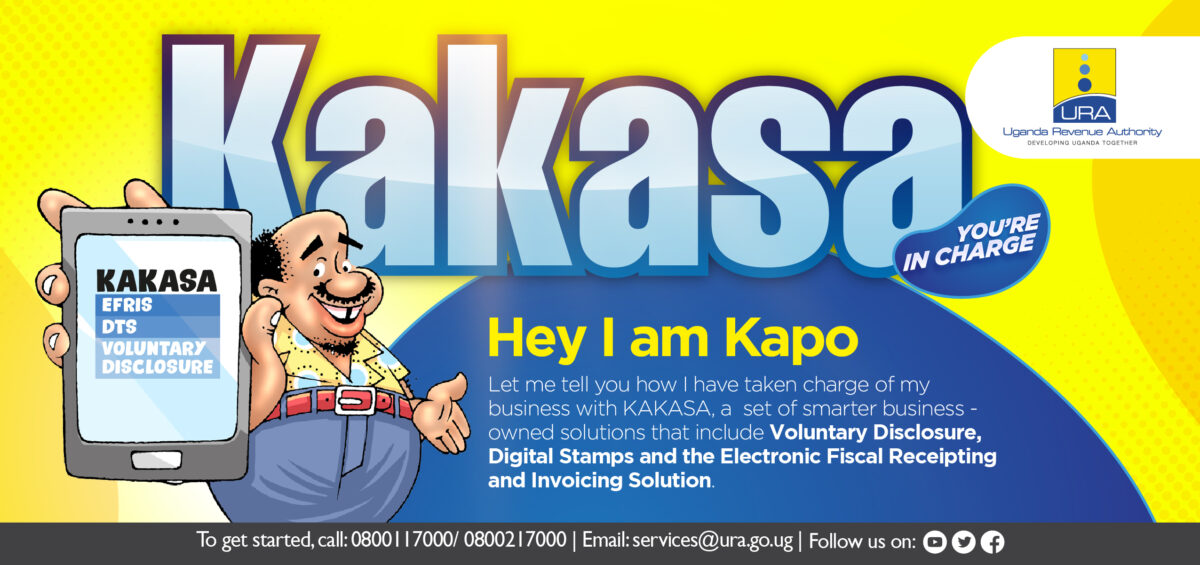UNBS certifies products after testing them in modern laboratories
The Uganda National Bureau of Standards (UNBS), National Drug Authority (NDA) and Uganda Communications Commission (UCC) have warned manufacturers of soft drinks against using deceptive labeling and misleading advertisements.
This was disclosed during an online stakeholders’ sensitisation meeting with manufacturers, importers, retailers and distributors of non-carbonated drinks to ensure that products sold on the market conform to the relevant standards and meet all the regulatory requirements as provided for in the law, for the benefit of fair trade and public health.
Dr. Helen Byomire Ndagije, Director Product Safety at NDA noted that all advertisements containing therapeutic information must be vetted and approved by the drug authority.
Ndagije asked the public to be cautious when buying the mushrooming ‘health products’ on the Ugandan market.
She noted that the public needs the right information for their medicine to work well.
“There’s a lot of inaccurate advertising and misinformation. So many products have come up during COVID and we have not lived with them long enough. over using such products maybe dangerous,” she said.
She added that there many misleading products whose names and photos suggest they are nutritional or medicinal while in reality they are not.

“Some patients have abandoned their prescribed medicines (because of misinformation and misleading adverts). There are so many unjustifiable claims to adjust body organs,” she said, adding that there are high rates of adulterated products on the Ugandan market.
“Some (products) are called herbal but are mixed up with drugs according to our lab tests,” Ndagije said, emphasizing that NDA doesn’t frustrate local products and innovation.
Daniel Arorwa, a Surveillance Manager at UNBS urged manufacturers with certifications to ensure that their products remain genuine.
He noted that some producers of soft drinks declare products that are not in the product.
“…you make a wrong representation of the product. We have closed some factories and taken some people to court especially if the product is dangerous,” he said, adding: “You must maintain the conditions upon which you were certified.”
He revealed that some companies submit application for one product and once the product is certified, they go on claiming that all their products are certified.
“Deceptive labelling is misleading because it gives a consumer a wrong direction. We must all survive within the armpits of the law. You don’t need to be deceptive for you to break even,” Arorwa said.
He noted that UNBS is mostly dealing informal manufacturers.
“Most manufacturers don’t declare their locations. They are even not known to their districts,” he said.
He added that information on the label should tally with one contained in advertisements.
Tuesday’s online sensitization meeting comes after UNBS, NDA and UCC observed with concern a growing number of advertisements of products claiming nutritional and therapeutic value on television, radio and social media.
“These advertisements, which exaggerate the therapeutic capability of the drinks being advertised, are not only misleading to the public but actually putting lives at risk. Moreover, some of them, especially the visual content on TV and social media, portray inappropriate content,” the three entities said in a joint statement.
According to the statement, Section 33 (1)(c) of the National Drug Policy and Authority Act, Cap 206 prohibits the advertisement and publication of information that is calculated to promote the use of a drug for prevention or treatment of any disease or relating to enhancing human potency.
In addition, Section 5 (1) to (5) in the Food and Drugs Act, Cap 278 prohibits the false labeling or advertisement of food or drug.
“Anyone who advertises or promotes a product with claims of a cure, treatment, prevention and/or modification of disease/body function is advertising a drug and must seek the approval of NDA,” the statement reads in part.
It adds: “The media platforms that publish these advertisements contravene sections 12 and 13 of Annex 14 of the Advertising Standards issued by the UCC. At the same time, the claims made in the adverts are not in tandem with the applicable Uganda Standards for labelling and use of claims for the health drinks concerned.”
According to the statement, NDA, UNBS and UCC have extensively engaged the concerned health drinks manufacturers on acceptable advertising practices.
Media operators and owners have also been engaged in advertising standards, especially regarding running advertisements with nutritional and therapeutic claims.
“NDA, UNBS and UCC would like therefore, in the interest of public health and safety, warn all manufacturers of such beverages and the media houses engaged in running these deceptive adverts to desist from such practices with immediate effect. Any manufacturer or media house found in violation of these requirements will face sanctions in accordance with the laws put in p lace by government to protect consumer health and safety from these dangerous deceptive practices,” the statement reads.
It adds: “The agencies will continue to engage the public on the safety of the products they consume. They will also continue to monitor such products on the market to protect consumers. Members of the public are encouraged to report any drug promotional materials or advertisement that they think is inappropriate to either NDA, UNBS or UCC or UNBS for investigation and possible prosecution of the offenders.”

